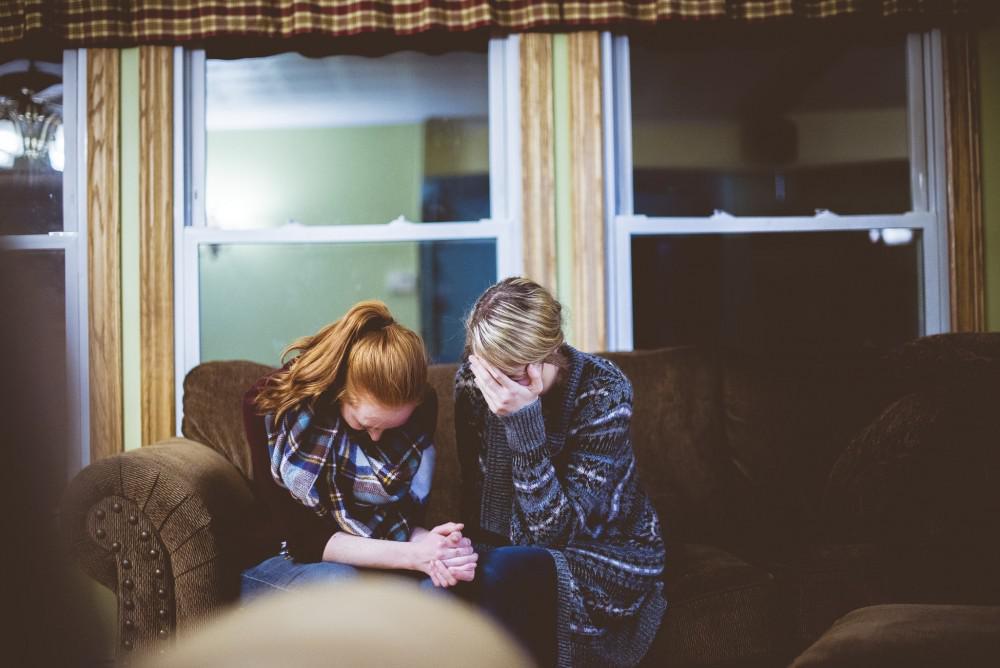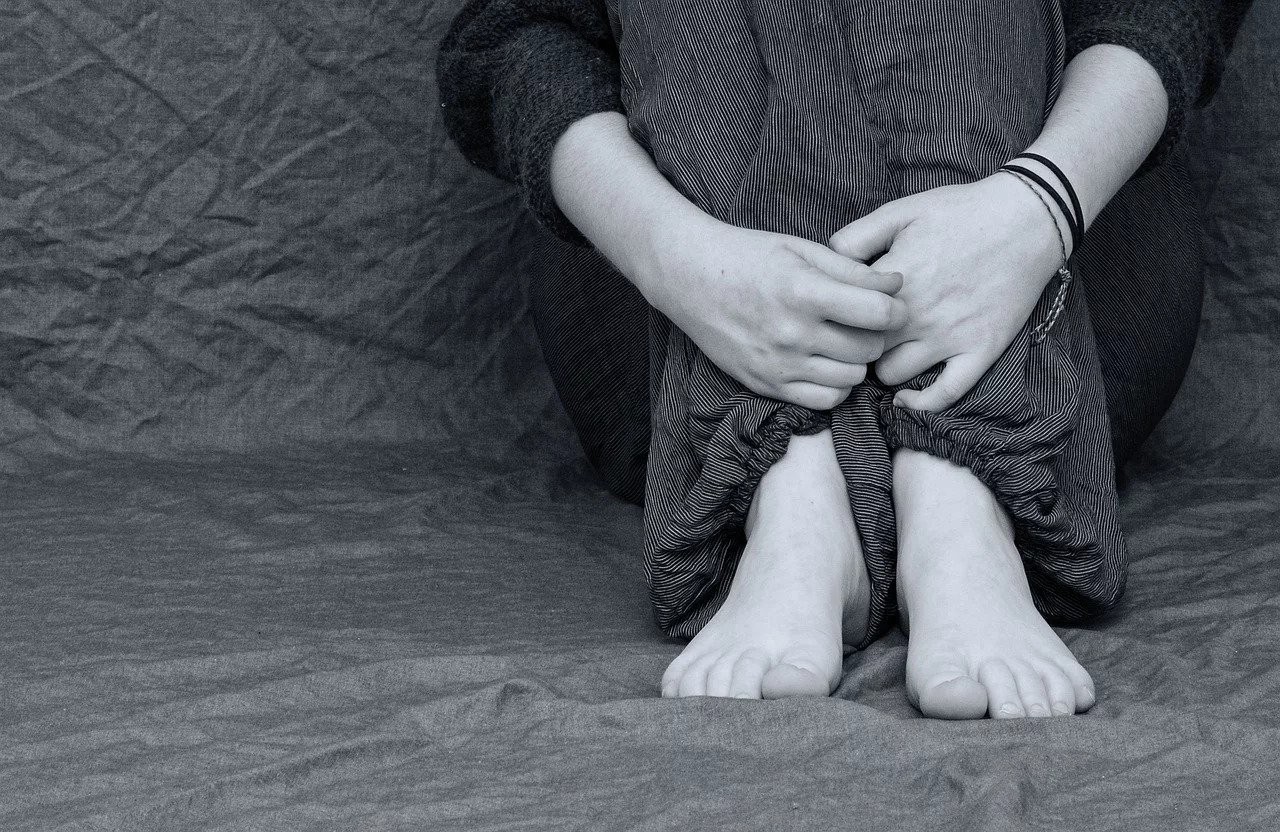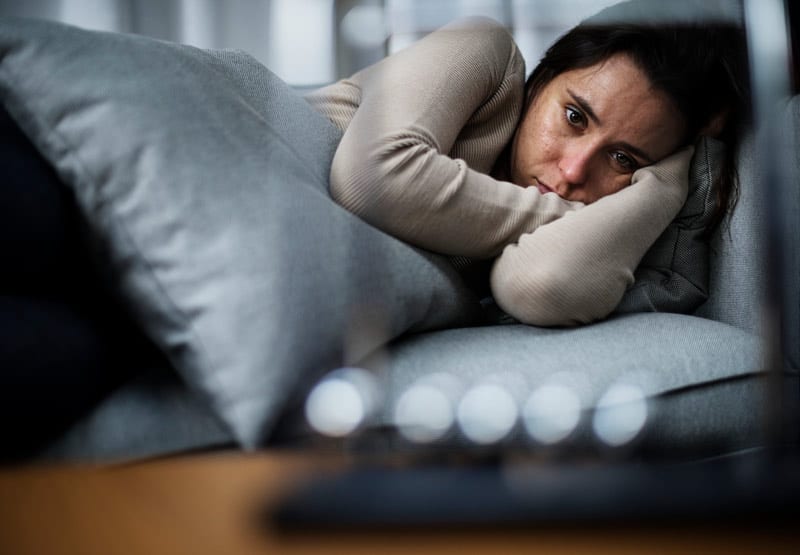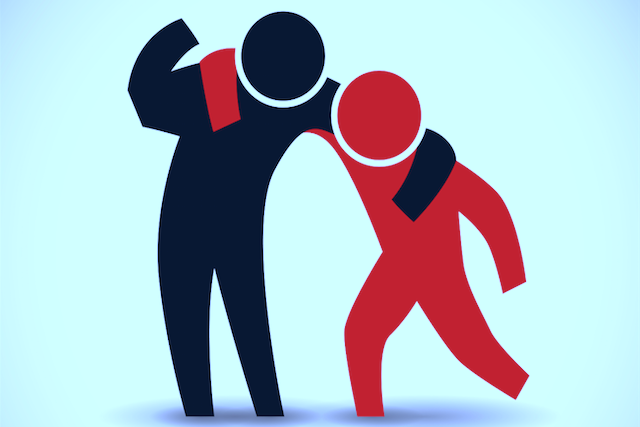Mental illness is something that is often spoken about in hushed tones. People who suffer from conditions like depression, anxiety, and bipolar disorder can feel a sense of hopelessness that is difficult to put into words. In this blog post, we will explore the unspoken reality of mental illness. We will discuss the feelings of hopelessness that are so common among people who suffer from mental illness, and we will offer some advice on how to deal with these feelings.
Contents
What Is Hopelessness?
 Hopefulness is a feeling of expectation and desire for a certain thing to happen.
Hopefulness is a feeling of expectation and desire for a certain thing to happen.
When you feel hopeless, you perceive yourself as unable to control your life or make it better. You think that nothing good will ever happen to you again.
Hopelessness is one common symptom of depression and anxiety disorders and can be the result of childhood trauma or abuse, domestic violence, poverty, homelessness, and other events in our lives that create internal struggles with self-image and relationships. This also can include our overall relationship with the world and life.
A hopeless outlook is a major risk factor for suicide. It’s important to understand that feeling hopeless doesn’t mean you won’t recover from mental illness, it just means that you need help to work through this stage of your journey toward recovery.
Signs of Hopelessness

There are many signs of hopelessness and they can range from mild to severe.
Trouble In Sleeping
Sometimes there is some trouble in sleeping. This can be insomnia or oversleeping. Sometimes it’s just a restless sleep. This can be caused by the overwhelming problem of feeling hopeless. This also can be a cause of depression.
Lack of Concentration
This symptom goes hand in hand with the one above it. When you can’t concentrate on anything, it’s hard to do anything else. This is because when your mind is all over the place, it’s hard to focus on just one thing. You may feel like everything is pointless and that there’s no use in trying.
Negative Outlook On Life
A negative outlook on life is another sign of hopelessness. This means that you see everything in a negative light and that nothing good will ever happen to you again. You may also start to doubt yourself and your abilities.
Pessimism
Pessimism about the future and yourself are both common with hopelessness. You may feel like everything bad will happen to you and there’s nothing you can do about it. You may also feel like you’re not good enough or worthless.
Low Energy Levels
Having low energy levels is really common with depression and anxiety disorders anyway, but when coupled with hopelessness, these feelings become even worse. Everything feels like too much effort and you don’t want to do anything.
Thoughts of Suicide and Self-harm
When you feel hopeless, thoughts of suicide and self-harm are also more common. These can be both due to the depression or anxiety itself or because you’re so overwhelmed by everything that it feels like there is no other way out than death. This isn’t true though!.
Feelings of Helplessness
When you feel hopeless, you also often feel helpless. This means that you don’t see any way out of your situation and that you can’t do anything to make it better. You may also start to doubt your abilities and what you can do in life. Sometimes, this can lead to self-harm or suicidal thoughts.
Physical Symptoms
There are physical symptoms of hopelessness too. These include fatigue, aches and pains in the body, headaches, and stomach problems. This is because your body isn’t getting enough nutrients from food due to depression eating away at your appetite or you may be over-eating junk food because it makes you feel better temporarily but ultimately causes more harm than good with its sugar content etc. You also have less energy so everything feels like too much effort which leads to other issues such as lack of sleep etc.
Causes of Hopelessness

There are many causes of hopelessness a well. Some of the are:
Childhood Trauma and Abuse
This is often a cause of hopelessness. It can be due to childhood trauma such as sexual, physical, or emotional abuse, neglect, etc. Childhood is the time when we learn how to deal with life and our experiences in it so if these experiences are all bad then we tend not to believe that anything good will ever come out of them either which leads us down a path where nothing seems worthwhile any more because everything has been tainted by this experience(s).
Domestic Violence
Domestic violence can also lead someone into feeling hopeless about their lives and themselves. This includes things like being hit or yelled at by your partner on a regular basis which causes you to feel worthless and that there’s no way out. You may also feel like you can’t do anything to stop it or that it’s your fault.
Lack of Support
A lack of support is another common cause of hopelessness. This could be from friends, family members, a partner, etc. If you don’t feel like anyone understands what you’re going through or supports you then this can lead to feelings of hopelessness and isolation.
Bereavement
Grief after the death of a loved one can often lead to feeling hopeless about life. You may feel like there’s no point in carrying on without them and that the world is a terrible place without them in it. All-encompassing grief can also lead to depression and feelings of hopelessness.
Financial Worries
Money worries are a big source of stress for many people and when coupled with feelings of hopelessness, they become even worse. This is because you may feel like you’ll never be able to get out of the mess that you’re in and that things will always be this way. You may also start to doubt your abilities to make money or get a job etc. which only adds to the negative spiral you’re already in.
Other Mental Health Problems
If you have another mental health problem such as anxiety disorder, bipolar disorder, borderline personality disorder, etc., then it’s more likely that you will experience feelings of hopelessness. This is because these illnesses can affect how you view the world and yourself which in turn impacts your feelings about life.
Relationship Problems
If there are issues with a relationship such as abuse or lack of support, then this can lead to feelings of hopelessness too. You may feel like there’s no way out of the situation that you’re in and that nothing will ever get better between you both again so why even try?
Impacts of Hopelessness

There are many impacts of hopelessness. Some of these are:
Suicidal Thoughts and Behaviour
If you’re feeling hopeless, then it’s more likely that you will also have thoughts about suicide or even start to act on them. This is because when you feel like there’s no way out and that life isn’t worth living, suicide can seem like the only option.
Self-Harm
Another impact of hopelessness is self-harm. This is when someone deliberately harms themselves as a way to cope with their feelings. It could be anything from cutting yourself to drinking too much alcohol etc. Self-harm offers a sense of relief in the short term but ultimately does more harm than good.
Isolation
Sometimes when people feel hopeless they withdraw from society and isolate themselves. This can be because they don’t see any point in interacting with others or even leaving the house! This then impacts their mental health further as isolation often leads to depression which only makes things worse for them overall.
Other Physical Ailments
Hopelessness can also lead to other physical ailments such as headaches, stomach aches, etc. These are due to the stress that feeling hopeless is putting on your body so if you experience these symptoms make sure you speak with a doctor about it too not just someone who treats mental illness alone like your therapist or psychiatrist does (they may not know much about physical illnesses).
Mental Illness
Sometimes feeling hopeless can lead to mental illness. This is especially true when the causes of your hopelessness are related to other mental illnesses like depression or anxiety disorder etc. If you have a history of mental illness, then it’s more likely that feelings of hopelessness will cause you to relapse into your old mental state.
Dealing With Hopelessness

There are many ways to deal with hopelessness. Some of these are:
Talk to Someone
It’s important not to keep your feelings bottled up inside so make sure you talk to someone about them. This could be a friend, family member, or even a therapist if necessary – just don’t try and deal with this on your own as it won’t help anything at all in fact it will probably make things worse for you overall!
Get Professional Help
If talking isn’t enough then consider getting some professional help too such as counseling sessions where they can work through why you feel the way you do and offer support during those times when everything seems impossible (this might involve medication depending upon what type of treatment plan). It may also be useful to see a psychiatrist who can assess your mental state and offer medication if necessary.
Exercise
When you’re feeling down it can be really hard to get up and do anything, but exercise is one way that can help. It releases endorphins which make you feel better overall so try and find at least 30 minutes a day to do something active even if you don’t feel like it!
Stay Positive
Try and stay positive as much as possible. This may be difficult at times but with practice, it gets easier. Think about the good things in your life – even if they are small – and focus on them rather than the negative aspects. This will take time but eventually, you should start to feel less hopeless. It’s important to remember that you are not alone in this and there is help available if you seek it out.
Make Time for Yourself
Finally, make sure you take some time for yourself. This could be anything from reading a book to taking a bath etc. It’s important that you find an activity that relaxes you and makes you feel good so that you can de-stress and forget about your problems for a little while. If you have trouble sleeping, then try taking some melatonin before bed which will help with that too! You may also want to consider mediation or yoga if those things interest you as they can be very beneficial when dealing with feelings of hopelessness.
How To Help Someone Who Feels Hopeless?

If you know someone who is feeling hopeless and don’t know how best to help them, here are some tips:
Listen Without Judging
One of the most important things is listening without judgment. This means letting them vent about their problems without telling them what they should do or trying to fix it for them because this might make matters worse by making them feel like no one understands what they’re going through so why bother at all.
Offer Support
Secondly, offer support. This could be anything from listening when they need to talk to doing something with them like going for a walk or watching a movie. Just being there for them can make a big difference in their overall state of mind!
Don’t Try and Fix it
Thirdly, don’t try and fix things for them as this will only make them feel more helpless. It’s important that you let the person deal with their problems in their own way and at their own pace – you can offer advice if asked but don’t push it!
Encourage Them to Seek Help
Encourage them to seek help if they haven’t done so already. This could be from a therapist, counselor, or doctor – just make sure they know that there is help available and that they aren’t alone in how they feel. You can also offer to go with them if they are uncomfortable doing it on their own.
Try and Be Positive
Lastly, try and be positive around them as this can help to lift their mood. It’s important that they know that things will get better with time and that there is hope even when it feels like there isn’t any. You can also offer to do activities together that make them feel good.
Take Care of Yourself
It’s important that you take care of yourself as well when helping someone else. This means making sure you get enough sleep, eat healthy foods, and exercise. If you don’t take care of yourself, then you won’t be much help to anyone. If you find that you are struggling to take care of yourself, then reach out for help from friends or family.
Conclusion
Hopelessness can be a difficult thing to deal with but it’s important that you don’t give up hope. There are things in life worth living for and you deserve happiness too! You may need help getting there so don’t hesitate to ask when needed – if someone doesn’t want help then they won’t ask for it anyway, so what do we have to lose? Stay strong my friends. You can also contact us for more information about mental health services or any other questions.
A Word From Therapy Mantra
Your mental health — your psychological, emotional, and social well-being — has an impact on every aspect of your life. Positive mental health essentially allows you to effectively deal with life’s everyday challenges.
At Mantra Care, we have a team of therapists who provide affordable online therapy to assist you with issues such as depression, anxiety, stress, relationship, OCD, LGBTQ, and PTSD. You can take our mental health test. You can also book a free therapy or download our free Android or iOS app.


